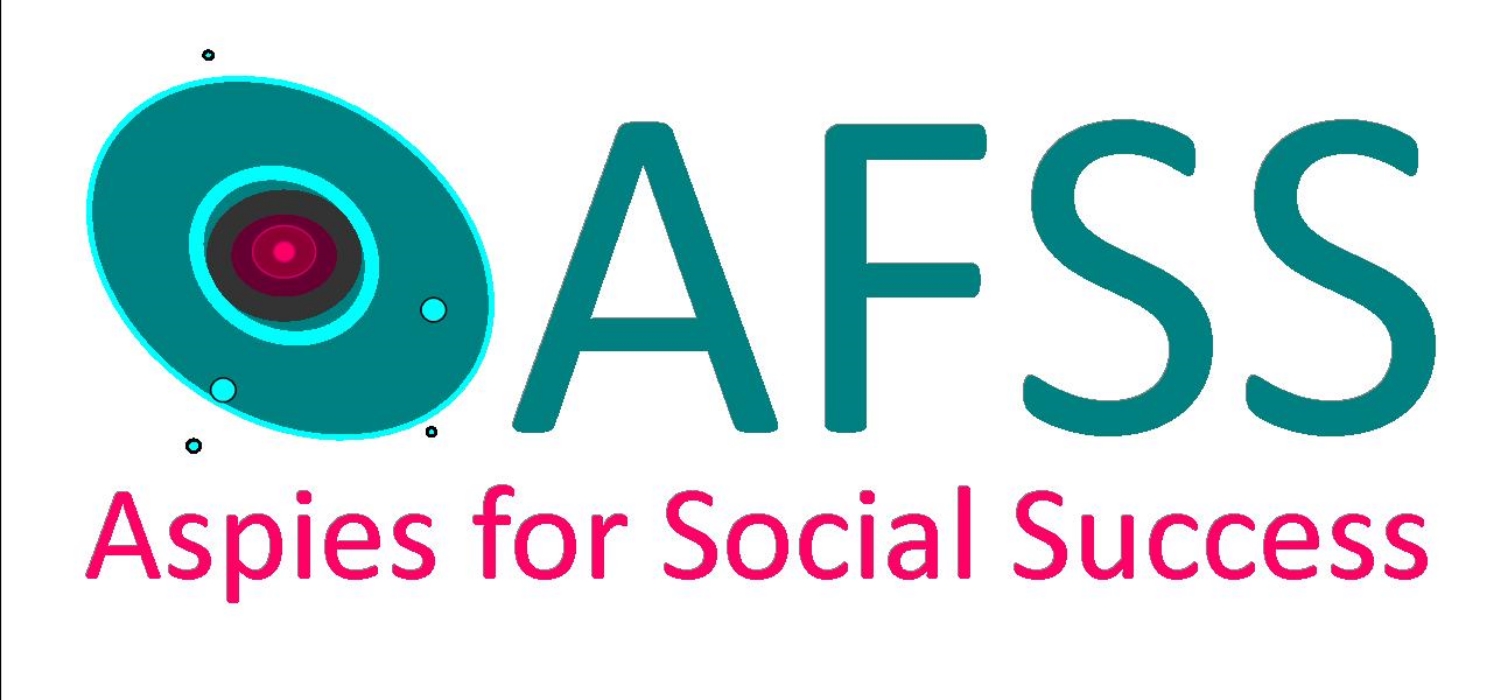Building a more inclusive community, one person at a time
By: Stephen Katz, Executive Director, AFSS. February 19, 2016
Since I was very young, I had a fascination with people who had Autism. Although in some ways they seemed different than me, in others, there were a lot of similarities. Later, as an adult, it was suggested that I might have more in common with people who have Asperger’s. So, one Wednesday evening, back in 2009, I attended a support group for “Aspies”, which is what many people with Asperger’s syndrome call themselves. I also learned that people who do not have Asperger’s, or Autism, are sometimes referred to as “NT’s” (Neurotypicals). Unfortunately, at that time, my work hours (In the autism field, of course) didn’t allow me to attend more of these meetings. However, a year later, my schedule changed and I was finally able to attend these Aspie groups on a more regular basis.
At these meetings, I met JonAndrson, who would become one of my best friends. He, along with Dr. Irma Ozer (now another best friend), had started a separate program called the “Autistics Career Development Group”; where people on the spectrum would get together twice a month, go over their resumes, discuss interview techniques and strategies on how to find a job, and on how to keep a job once they were hired for it.
After about a year, I was asked to co-coordinate the Autistics Career Development Group. At the time, I was in the middle of a career change myself, and the timing couldn’t have been more perfect. Soon after that, we realized that our members were much more interested in socializing than in talking about resumes and getting a job. In some cases, I would characterize it more as our being “starved” for socializing! So, we changed the focus of our groups to social in nature, working on skills that lead to success in all areas of life, and changed our name to Aspies for Success. More recently, we changed the name again to Aspies for Social Success.
Without the opportunity to socialize, there are fewer opportunities to take in culture. So, in 2013, we added cultural events to our schedule, including trips to The Metropolitan Museum of Art (with a private tour and a specialized art project for our group) and the Museum of Modern Art, plus visits to restaurants, trying different cultural cuisines.
We continue to expand with more social groups. Now, in 2014, we have a new support group, based on the 70’s style Rap Sessions with smaller group sizes (no more than 20 members). It is somewhat less structured, starting each session with a theme rather than a specific topic.
Not forgetting the roots of our organization, I have been reaching out to employers and talking about the advantages of hiring someone with Asperger’s syndrome.
Advantages of hiring someone with Asperger’s Syndrome:
Individuals with Asperger’s syndrome often have average to above average intelligence. They tend to possess excellent abstract thinking abilities and rote memory skills. One characteristic unique to AS is an intense interest in one or two subjects, to the exclusion of all others. Many times, individuals with AS are respected for their unusual abilities, and due to their extensive knowledge of certain topics or activities may be regarded as “eccentric.” The individual’s single-minded pursuit of his or her interest can lead to great achievements later on in academic and professional life.
Some specific areas in which individuals with AS tend to excel include, but are not limited to:
- Mathematics
- Computer science, from technical support to Machine Learning and everything in between
- Physical sciences, engineering of all types and architecture, for example
- ·Special aptitudes with visual spatial skills as well as great attention to detail make for incredible artist
One of our biggest goals is to create a more inclusive community, one that accepts not only diagnosed Aspies, but also those who do not have any official diagnosis, but who may have Asperger’s syndrome, or who are otherwise on the Autism Spectrum—or those who have Non-Verbal Learning Disability and Social Anxiety, or who, for any reason, have difficulty with social communication, sensory processing or executive function. I think that it is also extremely important to recognize that these issues do not occur in a vacuum, and that we must accept that individuals in our community may have co-morbid conditions. Vive la difference!
Reaching beyond neurodiversity: Inspired by Dr. Irma Ozer, we are planed a special event, where we invited people of all cultures and races to discuss the issues of living in a neurodiverse world, and on how to transcend all borders and barriers in building a more inclusive community. The event was a huge success
Looking to the future, we are working towards non-profit status, so that we can do fundraising and offer our community even more. Perhaps someday we will have a brick and mortar community center, where people on the autism spectrum can go for support as well as social and cultural groups and events.
We, as an organization and a community will continue to be a work in progress.
